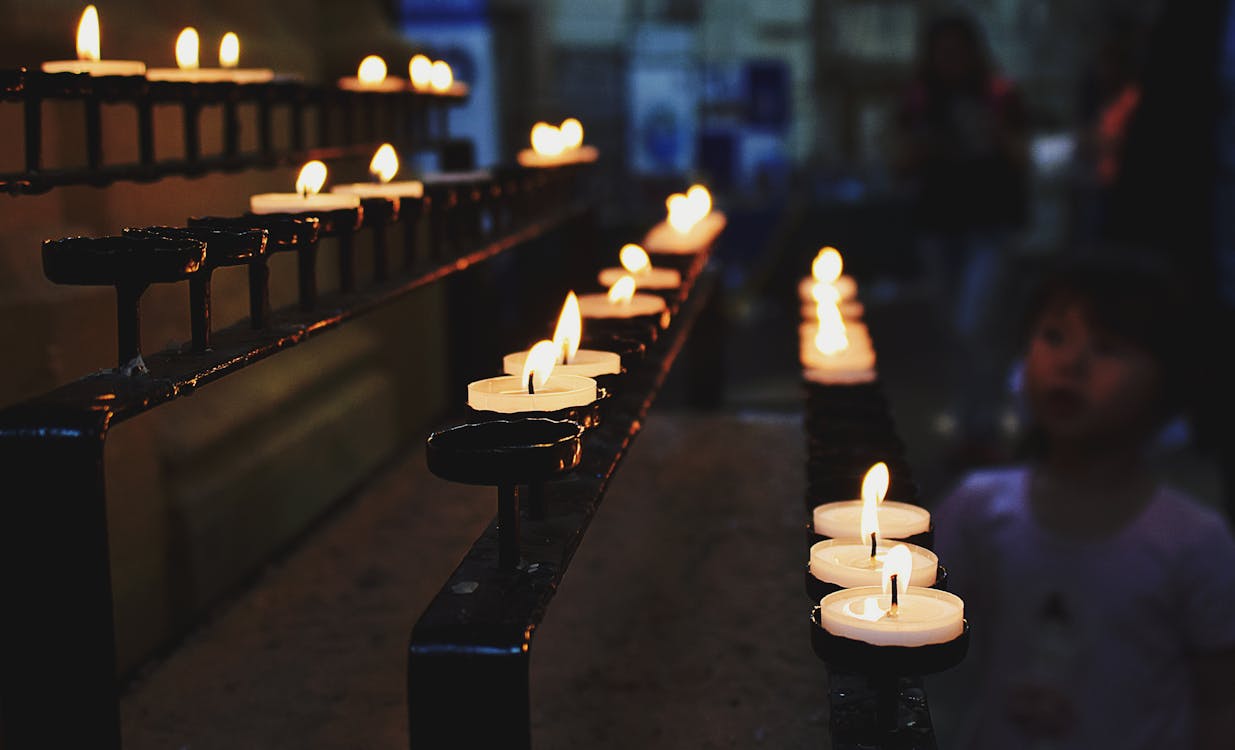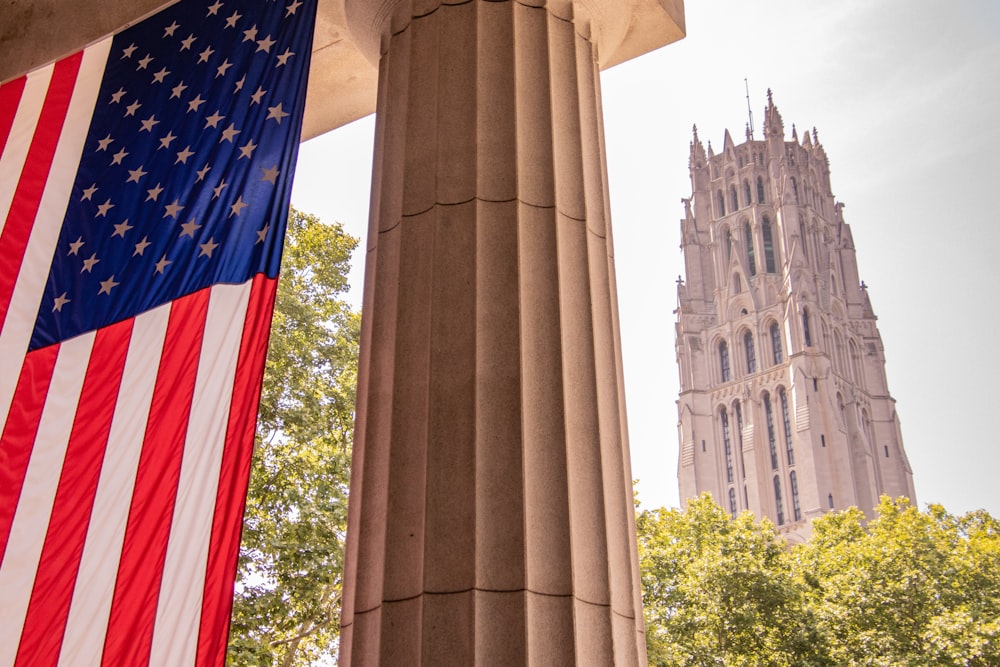Fri 06 October 2023:
According to a recent survey, one-third of Americans today prefer not to identify with any religion.
In contrast to earlier comparable polls, the number of people who simply identified as Christians has also drastically decreased.
Between May 11 and May 15, Associated Press-NORC conducted the survey.
The poll of 1,680 adults was conducted May 11-15 using a sample drawn from NORC’s probability-based AmeriSpeak Panel, which is designed to be representative of the U.S. population. The margin of sampling error for all respondents is plus or minus 3.4 percentage points.
As the number of adults who belong to a church, synagogue or mosque has dropped — in 2021, membership fell below half for the first time in eight decades — another form of religiosity has emerged: spirituality. And there are many different forms spirituality can take.
Since 2016, confidence in organized religion in the U.S. has dropped by half. Just 10% of the respondents in the AP-NORC survey said they still possess a “great deal of confidence” in organized religion. Sexual abuse scandals and social and political stances were cited as factors that have driven many away from organized religion, the poll found.
Forty-three percent of all nones professed belief in God or a higher power — including 61% of nothings in particular, 40% of agnostics and 4% of atheists. Overall, 79% of U.S. adults professed faith in God.
However, 88% said they had little or no confidence in religious or spiritual leaders or organized religion.
The survey found that belief in karma — the idea that people’s actions come back to them in this lifetime or the next — was high, at 63%.
Somewhat fewer, but still a majority, said they believed in hell (58%) or the devil (56%).
More Americans overall say the trend of people moving away from identifying with a religious group is a bad thing (37%) than that it’s a good thing, (23%), but 39% say it’s neither.
Among the nones, most atheists say it’s good (69%), compared with 52% of agnostics and only 36% of nothings in particular.

About half of those with a religious affiliation say it’s a bad thing.
In addition to having no religious affiliation, about 9 in 10 nones also don’t consider themselves “religious.”
But about half of agnostics and those nothings in particular consider themselves “spiritual but not religious.” About two-thirds of nothings in particular consider themselves spiritual, religious or both. Eight in 10 atheists consider themselves neither.
Nearly two-thirds of atheists and 56% of agnostics are male, while 52% of nothings in particular are women.
Close to three-quarters of religious adults say their faith provides them with at least some meaning and fulfillment, including 46% who say it provides a lot.

While widespread majorities of atheists and agnostics get no fulfillment from religious faith, only 62% of those nothings in particular say the same.
Large majorities of people with and without a religious affiliation said they get at least some fulfillment from spending time outdoors, physical exercise and spending time with family and friends.
SOURCE: INDEPENDENT PRESS AND NEWS AGENCIES
______________________________________________________________
FOLLOW INDEPENDENT PRESS:
TWITTER (CLICK HERE)
https://twitter.com/IpIndependent
FACEBOOK (CLICK HERE)
https://web.facebook.com/ipindependent
Think your friends would be interested? Share this story!







